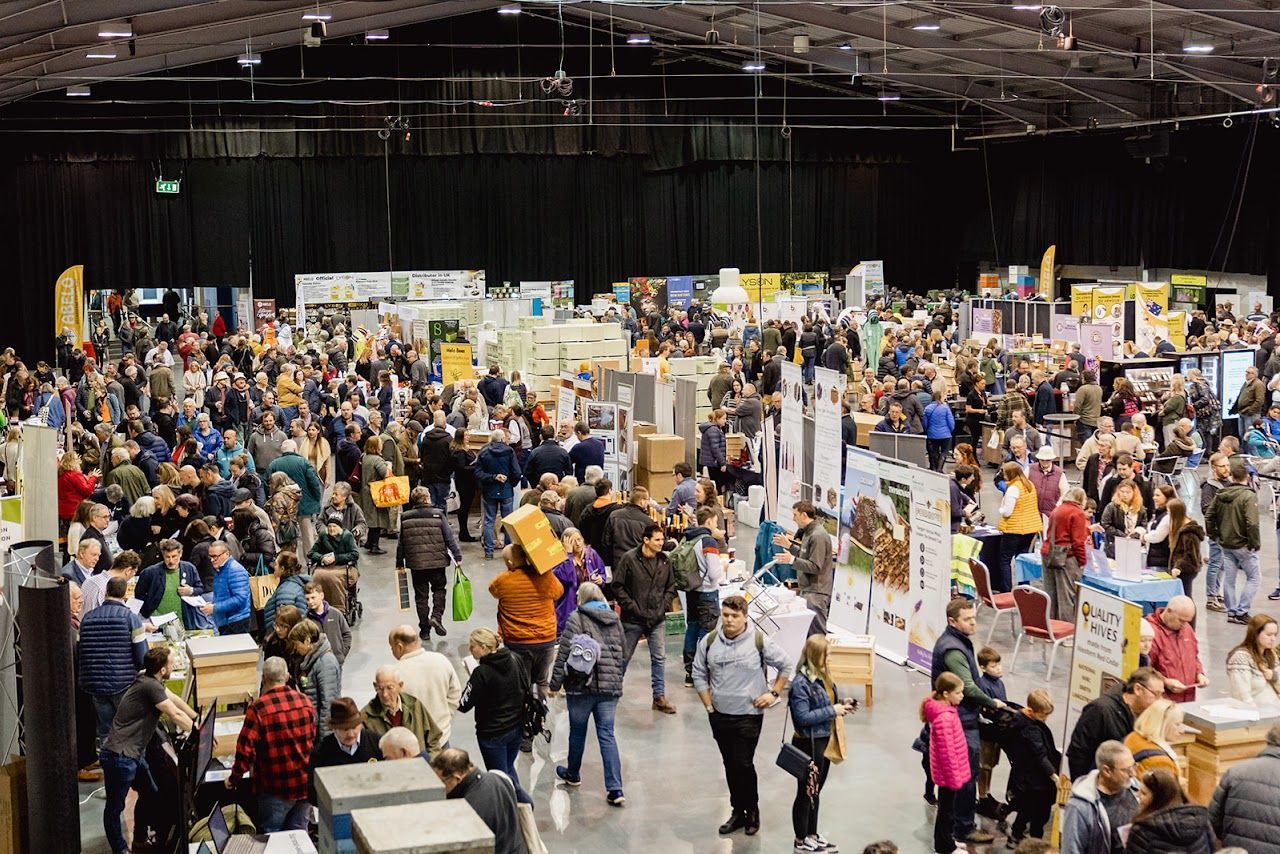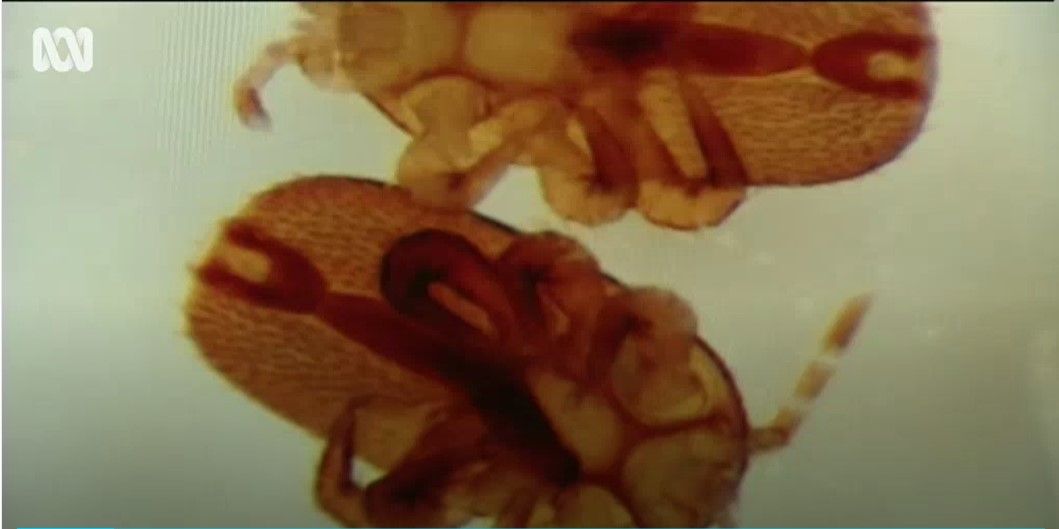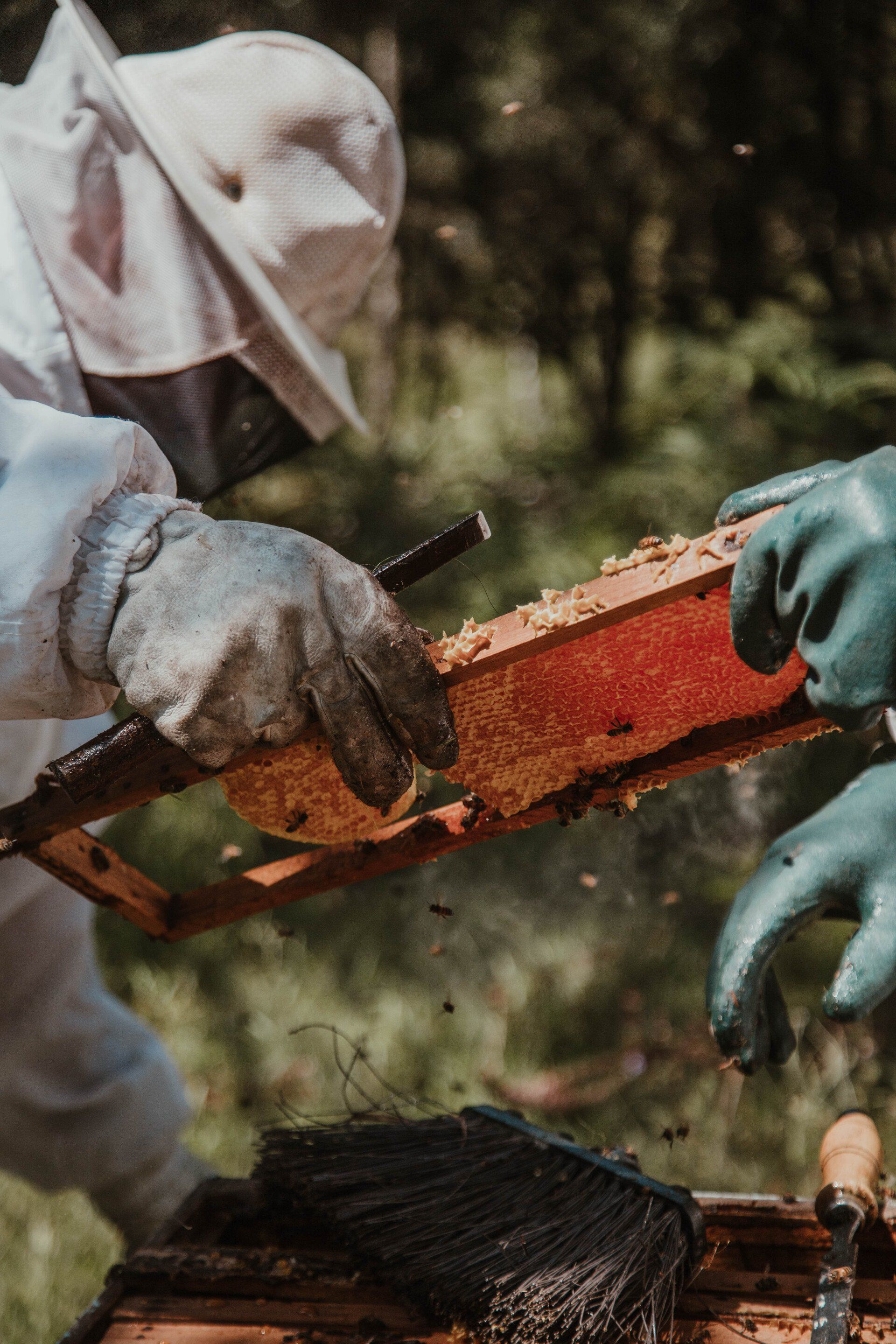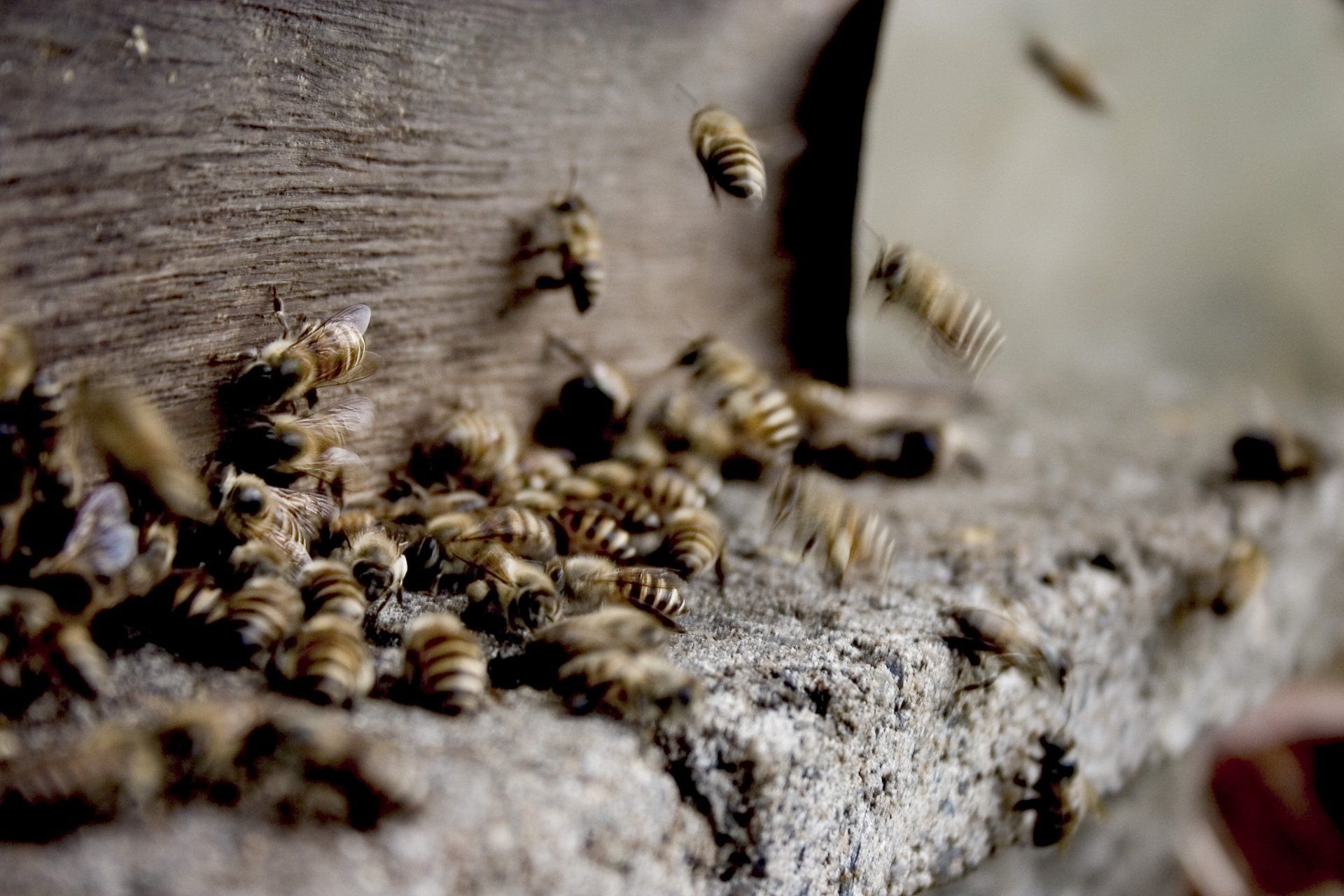Australia abandons efforts to eradicate deadly parasite varroa mite after 15 months
Australia Shifts Beekeeping Strategy: Transitioning from Eradication to Management of Varroa Mite
In a significant development for Australia's beekeeping industry, the country is pivoting from an eradication approach to a management strategy in dealing with the Varroa mite, a deadly parasite to honeybee populations. The decision, made by the National Management Group, reflects the growing challenges faced in eradicating the pest and calls for a more pragmatic approach.
A Brief Background:
For over a year now, Australia has been grappling with the Varroa mite infestation, which initially appeared in sentinel hives at the Port of Newcastle. This marked a significant setback for a nation that had managed to remain Varroa-free until then.
Reasons Behind the Shift: The decision to transition to a management approach stems from several key factors:
- Non-Compliance and Illegal Hive Movement: There have been reports of non-compliance among beekeepers regarding hive movement and testing, potentially contributing to the mite's spread.
- Increase in New Detections: The Varroa mite has been detected in new areas, signaling the challenges in containing its spread.
- Practicality and Feasibility: Eradication efforts were no longer seen as technically feasible, given the changing dynamics of the infestation.
The Management Approach: Under this new strategy:
- Red eradication zones in the Hunter, Central Coast, and Kempsey will become management zones.
- Mandatory euthanasia of hives will cease, but beekeepers in these zones can opt for voluntary euthanasia with potential compensation.
- Management solutions, including miticide strips that effectively target Varroa mites without harming bees, will be provided.
- Beekeepers across New South Wales will continue to conduct regular alcohol washes and report results.
What Does This Mean for Beekeepers?
This transition acknowledges the challenges posed by the Varroa mite infestation and seeks to strike a balance between ecological concerns and the interests of beekeepers. The focus is now on monitoring and control measures, as it is expected that the mite's spread will be gradual rather than rapid. Careful planning and practical solutions are key to ensuring the beekeeping industry's sustainability.
A Global Wake-Up Call:
It's crucial to recognize that the Varroa mite challenge faced by Australia is not an isolated incident. With the interconnected nature of global trade and the movement of goods, pests and diseases can easily cross borders. What Australia is experiencing now with the Varroa mite could serve as a wake-up call for the entire world.
The Varroa mite is a global threat to bee populations, and as we've seen in Australia, eradication efforts can be complex and challenging. Beekeepers and industry stakeholders worldwide should take note of Australia's transition to a management strategy. It underscores the importance of preparedness, vigilance, and the adoption of sustainable solutions in the face of the Varroa threat.
ThermoMite: A Natural and Sustainable Solution:
As we navigate this critical phase for beekeeping in Australia, it's worth noting that innovative solutions like ThermoMite™ hold the potential to offer a viable and natural long-term solution to the Varroa mite issue. ThermoMite™, which relies on thermotherapy powered by a non-hazardous PCM chemical solution, has already proven its effectiveness in promoting healthier bee colonies while eliminating the need for harsh chemicals and costly equipment.
By embracing innovative technologies like ThermoMite™, beekeepers can contribute to a sustainable and eco-friendly future for their hives and the entire beekeeping ecosystem. As we transition to a management approach for Varroa mites, solutions like ThermoMite™ demonstrate the potential for coexistence between beekeeping and nature, ensuring the longevity of both.
Conclusion:
In conclusion, the shift in Australia's beekeeping strategy is a significant step towards addressing the Varroa mite challenge with a pragmatic and sustainable approach. Through careful planning, practical solutions, and the adoption of innovative technologies like ThermoMite™, the beekeeping industry can continue to thrive while safeguarding bee populations and our precious ecosystems. This challenge is not unique to Australia; it's a global issue that requires global attention and solutions.




